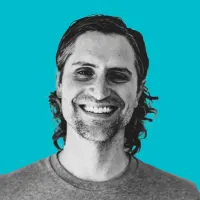

Watching Now
Watching Now
Playlist

Virtue
Thomas McConkie • 11:48

Push/Pull
Thomas McConkie • 12:24

Just Sitting
Thomas McConkie • 11:36

Your Basic Goodness
Thomas McConkie • 25:10

Personal & Divine
Thomas McConkie • 14:52

Investigating The Self
Thomas McConkie • 13:18

Gravity
Thomas McConkie • 10:34

First Person, Second Person
Thomas McConkie • 13:31

Getting Nowhere
Thomas McConkie • 03:55

Impermanence
Thomas McConkie • 11:13

Extraordinary Moments
Thomas McConkie • 16:42
In this playlist
